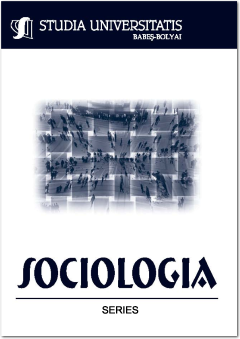THE CONCEPT OF ‘PEASANT EMBOURGEOISEMENT’ IN THE PERSPECTIVE OF DIFFERENT HISTORICAL CONJUNCTURES
THE CONCEPT OF ‘PEASANT EMBOURGEOISEMENT’ IN THE PERSPECTIVE OF DIFFERENT HISTORICAL CONJUNCTURES
Author(s): András Vigvári, Tamás GerőcsSubject(s): Social Sciences
Published by: Studia Universitatis Babes-Bolyai
Keywords: peasant embourgourgeoisement; subsistence economy; world system; narodnik movement; rural society.
Summary/Abstract: The paper combines the historical analysis of the social transformation of rural Hungary with the evolution of the sociological concept of ‘peasant embourgeoisment’. The authors highlight the long lasting impact of the concept in the understanding of academic knowledge production. The concept was the product of thorough ethnographic studies in the inter- and postwar periods by scholarly intellectuals, whose aim went beyond academic purposes and translated into a political agenda of rural modernization. To make such a methodological combination the authors demonstrate that the global historical context is necessary in the understanding of how knowledge production occurs and interacts at various historical conjunctures, especially during periods of crises.
Journal: Studia Universitatis Babes-Bolyai - Sociologia
- Issue Year: 62/2017
- Issue No: 1
- Page Range: 85-104
- Page Count: 20
- Language: English

